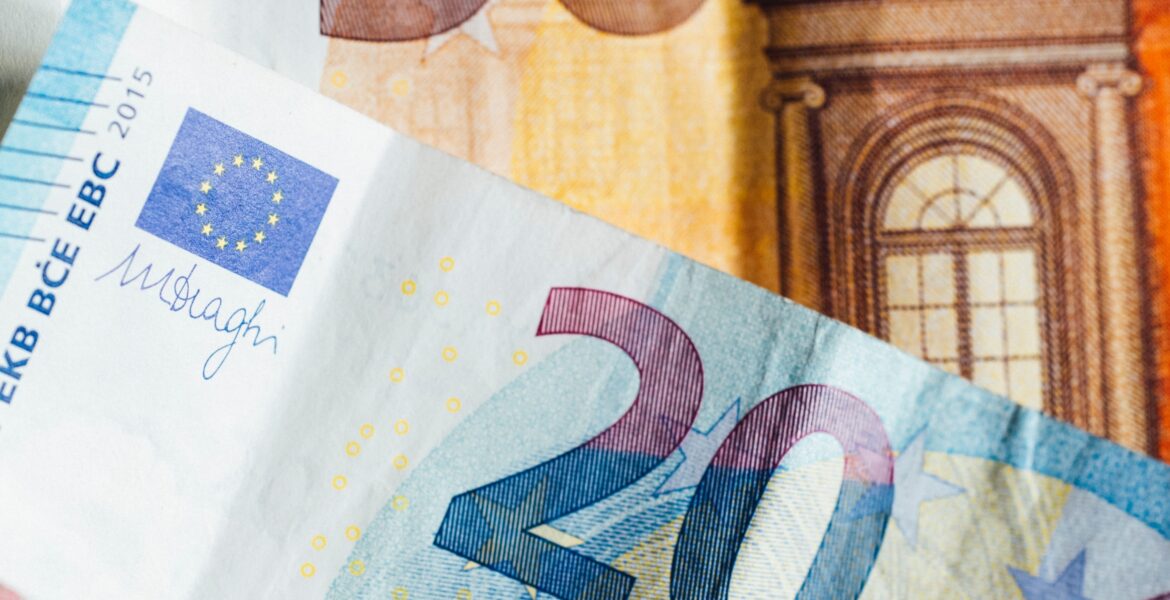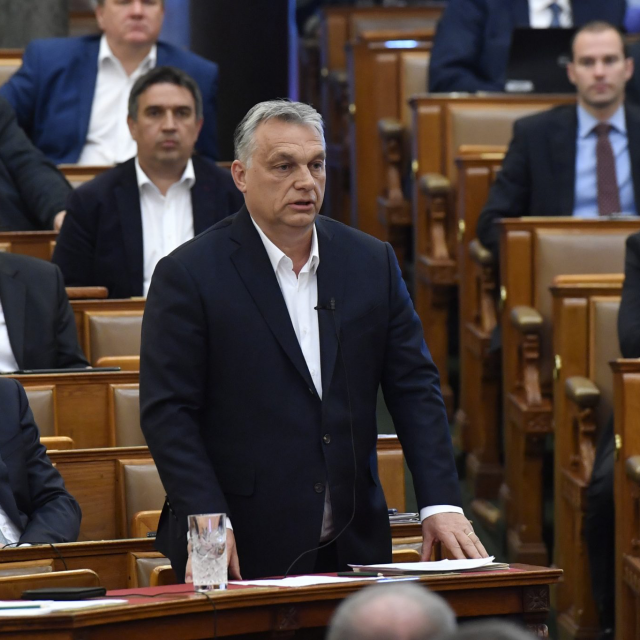Photo by Markus Spiske on Unsplash
MEPs have approved what is described as a ground-breaking deal on a new EU anti-money laundering law.
The deal has been reached by the European Parliament and EU member states.
The new legislative package will significantly change the rules of the game and, it is said, help prevent scandals that we have witnessed way too often in the past years.
The overarching aim of the new legislation is to unify existing national rules that MEPs state are too fragmented and badly coordinated, which should ensure a better enforcement of these rules and enhance the collective fight against money laundering.
It means, say deputies, that it will be much harder for the super-rich, including Russian oligarchs, to play the system and slip through the checks.
The rules will also help clean up the football sector, and they will properly address the risks arising from golden visa schemes in the EU.
Eero Heinäluoma, an S&D MEP and ECON negotiator on the EU anti-money laundering legislation, said: “It is a good day for EU citizens and businesses, but bad day for oligarchs and terrorists. This is a really necessary and long-awaited reform, considering all the scandals over recent years, such as those involving the Danske Bank and Credit Suisse, and the latest one, the Cyprus Confidential files.”
“The new rules will shed more light on who owns or controls opaque legal structures. This is a critical step towards more corporate transparency. The same goes for companies based outside the EU: if they want to do business in the EU, ownership has to be disclosed to the beneficial ownership register. Finally, given the importance of cash in money laundering and terrorist financing, the EU ban on cash payments above €10,000 will allow proper anti-money laundering controls on high value transactions.”
Paul Tang, LIBE negotiator on the EU anti-money laundering legislation, added: “One of our key objectives was to ensure that white collar criminals will no longer be able to launder their money through acquirement of expensive cars, yachts and private planes. With the new rules, it will be much harder for the richest and most powerful people to invest in the EU without proper checks and to circumvent sanctions. Information on their toys will have to be communicated to authorities.”
“This landmark deal includes the first EU single rulebook on anti-money laundering and a new EU agency with broad supervisory and coordinating powers. Both the financial and non-financial sector will be bound by much stricter rules and under strengthened supervision. It is key that the rules will also apply to the crypto sector.”
The anti-laundering legislative package is composed of a regulation and a directive on the prevention of money laundering and terrorist financing, and a regulation on establishing a new EU agency for anti-money laundering and countering the financing of terrorism. While the agreement on the latter was reached already last month, the rest of the package was finalised last night.
A list of some of the most relevant achievements of the package:
Within the anti-money laundering regulation:
- Extending the list of entities obliged to comply with the legislation by adding high-level professional football clubs and agents, crypto-asset services providers, golden visa intermediaries, and traders in luxury goods. However, as the football sector and its risks vary widely in different member states, exemptions may apply for smaller clubs, provided that they are based on proven low risk, and the Commission authorises. New rules for the football sector will apply five years after entry into force, as opposed to three years for the other obliged entities.
- Ensuring that mayors of certain cities will now be considered “politically exposed persons” subject to enhanced due diligence, as well as siblings of members of government and other high ranking politicians.
- Including targeted sanctions in the scope of the legislation, so that anti-money laundering tools can be used to detect attempts to evade sanctions.
- Properly addressing risks posed by applicants for residence through investments, aka golden visa schemes, through a new framework of controls where golden visa applicants will be subject to mandatory enhanced checks.
- Creating a fully harmonised regime on beneficial ownership, including more insight of owners of companies in high risk sectors; ensuring that companies based outside the EU will have to register their beneficial owners in EU registers in certain cases, for instance if they buy or own real estate in the EU.
- Guaranteeing a level playing field for the crypto sector: we managed to make sure that the crypto sector will be playing by the same rules and have the same obligations as the traditional finance sector with regards to anti-money laundering, notably CDD and obligations regards correspondent relationships.
- Introducing mandatory reports by obliged entities to FIUs for transactions involving high value goods, such as luxury cars, airplanes, and boats.
- Setting up mandatory enhanced vigilance regarding high risk ultra-wealthy clients.
- Introducing a ban on cash payments over €10,000.




